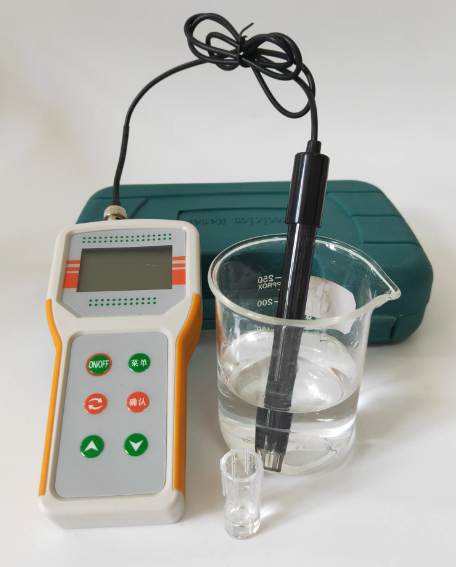Ethyl Cellulose (EC) is a derivative of cellulose, a natural polymer found in plants. It is produced through the chemical esterification of cellulose with ethyl groups, resulting in a polymer with unique chemical properties. Here are some of the main chemical properties of ethyl cellulose:
- Hydrophobicity: Ethyl cellulose is primarily hydrophobic, meaning it has low affinity for water. This property makes it insoluble in water and most common organic solvents. However, it can be dissolved in certain organic solvents such as ethanol, acetone, and chloroform.
- Film-Forming: Ethyl cellulose has the ability to form flexible and transparent films when dissolved in suitable solvents and cast into thin layers. These films have good mechanical strength, chemical resistance, and thermal stability, making them useful in coatings, adhesives, and pharmaceutical applications.
- Thermoplasticity: Ethyl cellulose exhibits thermoplastic behavior, meaning it softens and becomes pliable when heated and solidifies upon cooling. This property allows for processing methods such as extrusion, injection molding, and compression molding to produce various shapes and forms.
- Chemical Stability: Ethyl cellulose is chemically stable under normal conditions and is resistant to degradation by acids, alkalis, and oxidizing agents. This stability contributes to its long-term performance in applications such as controlled-release pharmaceutical formulations and protective coatings.
- Compatibility: Ethyl cellulose is compatible with a wide range of other polymers, additives, and ingredients commonly used in formulations. It can be blended with other polymers to modify properties such as flexibility, adhesion, and film-forming characteristics.
- Inertness: Ethyl cellulose is inert and non-toxic, making it suitable for use in pharmaceuticals, food products, and cosmetic formulations. It does not react with most chemicals and is considered safe for use in various applications.
- Viscosity Control: Ethyl cellulose can be used as a thickening agent in solutions and dispersions to increase viscosity and improve rheological properties. The viscosity of ethyl cellulose solutions can be adjusted by varying factors such as polymer concentration, solvent type, and temperature.
Overall, ethyl cellulose exhibits a unique combination of chemical properties that make it valuable in a wide range of industrial applications, including pharmaceuticals, coatings, adhesives, and specialty materials. Its hydrophobic nature, film-forming ability, thermal stability, and compatibility with other materials make it a versatile polymer with diverse uses.


